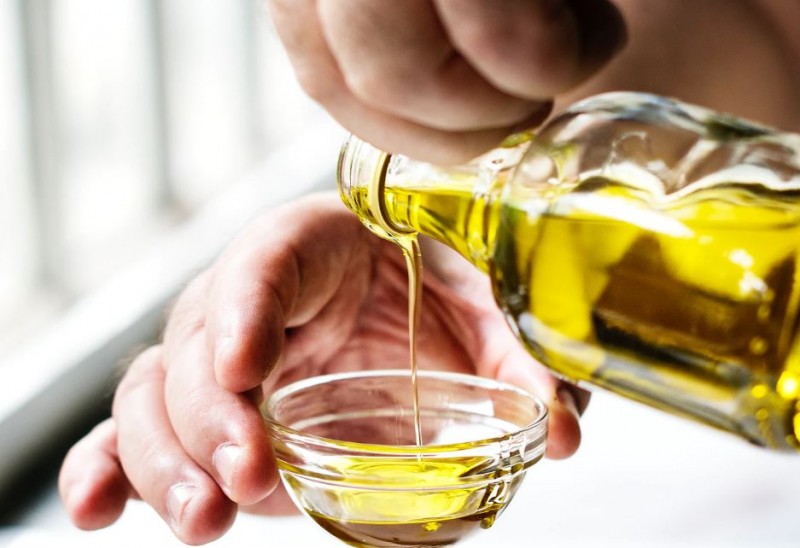
When it comes to cooking, choosing the right oil can make a significant difference not only in taste but also in the overall healthiness of your meal. With so many options available, it's essential to understand which cooking oils are the best for various purposes and which ones you should avoid. Let's explore the top picks and the ones you should consider steering clear of for a healthier culinary experience.
Extra virgin olive oil is a popular choice due to its health benefits and versatility in cooking. It's rich in monounsaturated fats and antioxidants, making it a heart-healthy option. Use it for sautéing, roasting, and even as a salad dressing.
Avocado oil is known for its high smoke point, making it suitable for high-temperature cooking like grilling or stir-frying. It's also rich in healthy fats and has a mild, pleasant flavor.
Coconut oil is a favorite for its distinct flavor and potential health benefits. It's ideal for baking and cooking at moderate temperatures. However, be mindful of its high saturated fat content.
Canola oil is low in saturated fat and has a high smoke point, making it a versatile choice for various cooking methods, including frying and baking. It's a neutral-flavored oil, allowing the other ingredients to shine.
Grapeseed oil is light in flavor and has a high smoke point, making it suitable for high-heat cooking, such as stir-frying and deep-frying. It's also a good source of polyunsaturated fats.
Sunflower oil is another option with a high smoke point, making it suitable for cooking at high temperatures. It has a mild flavor, making it versatile for various recipes.
Walnut oil has a delicate, nutty flavor and is best used in low-heat cooking or as a finishing oil. It's a source of omega-3 fatty acids and adds a unique taste to salads and dressings.
Sesame oil, especially toasted sesame oil, has a strong, distinctive flavor and is commonly used in Asian cuisine. It's best used as a finishing oil or for low-heat cooking to preserve its flavor.
While some oils offer health benefits and versatility, others are better to steer clear of due to their high levels of unhealthy fats and processing methods.
Palm oil is high in saturated fat and often linked to environmental concerns due to unsustainable harvesting practices. Limit its use and opt for healthier alternatives.
Cottonseed oil contains high levels of unhealthy trans fats and is best avoided in favor of healthier alternatives.
Soybean oil is often highly processed and can be high in omega-6 fatty acids. It's advisable to use it sparingly and choose less processed options.
Corn oil is high in omega-6 fatty acids and is often heavily processed. Opt for healthier choices with lower levels of omega-6 fats.
Choosing the right cooking oil can significantly impact the taste and nutritional value of your dishes. It's essential to consider the smoke point, flavor, and health benefits of each oil to make an informed choice for your cooking needs.
The Persistence of Time: Oldest Food Brands Defying Ages
9 Veg Foods High in Zinc to Promote Hair Growth Naturally
Nutritionist's Guide to a Heart-Healthy High Cholesterol Diet